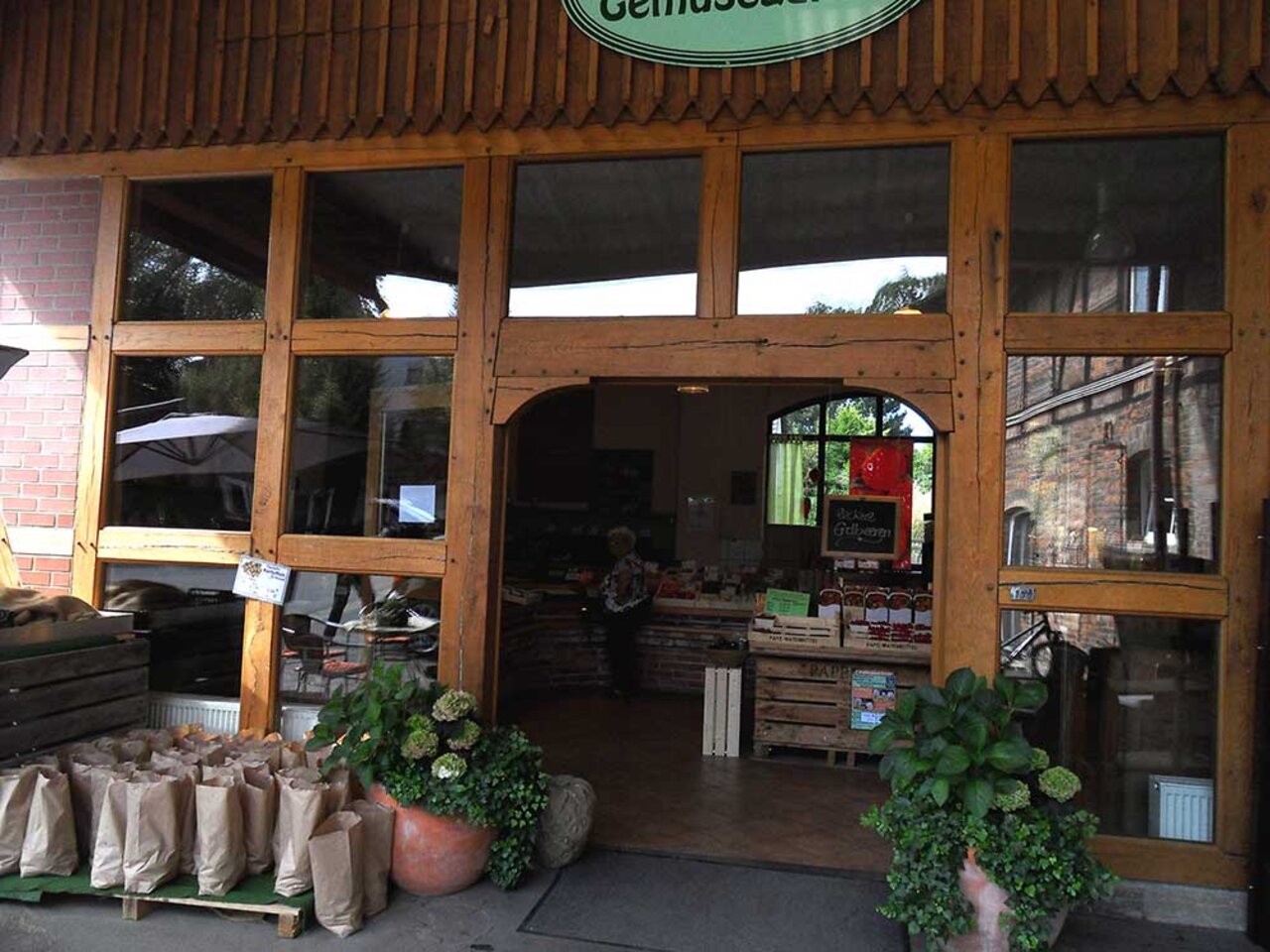Project
Establishment of various income source in agriculture: What can be achieved via subsidies?

Impact analysis of public support of income diversification in agricultural holdings in the framework of monitoring and ongoing evaluation of six state programmes for rural development during the years 2007-2013
Agricultural holdings face permanent pressure to adjust in order to remain or gain competitiveness. In doing so, many farm managers decide to establish furthersources of income. This diversification is carried out fairly close to agriculture or different from it depending on the specific initial conditions and market oportunities. The state supports these structural adjustments of the farms via investment aid and advisory help. We investigate the chances and obstacles of the diversification, and whether the support was effective and efficient so far.
Background and Objective
The Thünen-Institute for farm management and the Institute for rural areas commonly evaluate the rural development programmes (RDPs) of the German states Northrhine-Westfalia, Hessia, Mecklenburg-Pommerania, Schleswig-Holstein, Lower Saxony/Bremen and Hamburg. The main task is to analyse and assess the effectiveness of the support measures with regard to the political goals. Within the limits of the RDPs investments of agricultural households for the establishment and extension of new (non-agricultural) income sources are supported. The objective of this support is to offer new opportunities of development for farms and to generate jobs and value added in rural areas.
We investigate the relevance of the state support regarding existing problems, and both the effectiveness and the efficiency of the support (7-state-evaluation).
Approach
We base our analyses on supported and non-supported holdings as to be able to identify the impact of the state support via comparison. A sole before-after-comparison cannot provide valid results since it does not cover deadweight, displace or synergy effects.
Diversification of farm holdings is inadequately recorded statistically as new businesses are not covered within authoritative agricultural statistics (e.g., Agricultural Census, Farm Accountancy Data Network) in case of being commercial with regard to taxation. Therefore primary data collection is necessary. Expert opinion which is gathered by numerous interviews and focus groups supplement the microdata of supported and non-supported farms.
Based on this data and supplementary information of experts we will identify the relevance of diversification for farms, the main areas of diversification, and the effects on income and employment.
Data and Methods
Data base consists mainly of
- authoritative agricultural statistics (e.g., Agricultural Census, Farm Accountancy Data Network)
- primary collection of data (farm managers of diversifying farms)
- expert interviews and focus groups (consultants, specific associations, etc.)
- data collected during the support process (application, approval, monitoring)
The investigation is manly based on a combination of both before-after and with-without-comparison ('difference-in-difference') of micro data. It is supplemented by expert opinions.
Results
Often, the alignment of the support is not oriented towards the creation of employment and therefore positive jobs effects can be neglected. Examples for this is the support of renewable energies through photovoltaik and biogas facilities. Deadweight and multiple support lead to marked inefficiency of the diversification support in these areas.
Links and Downloads
Thünen-Contact

Involved Thünen-Partners
Duration
1.2008 - 3.2017
More Information
Project status:
finished





